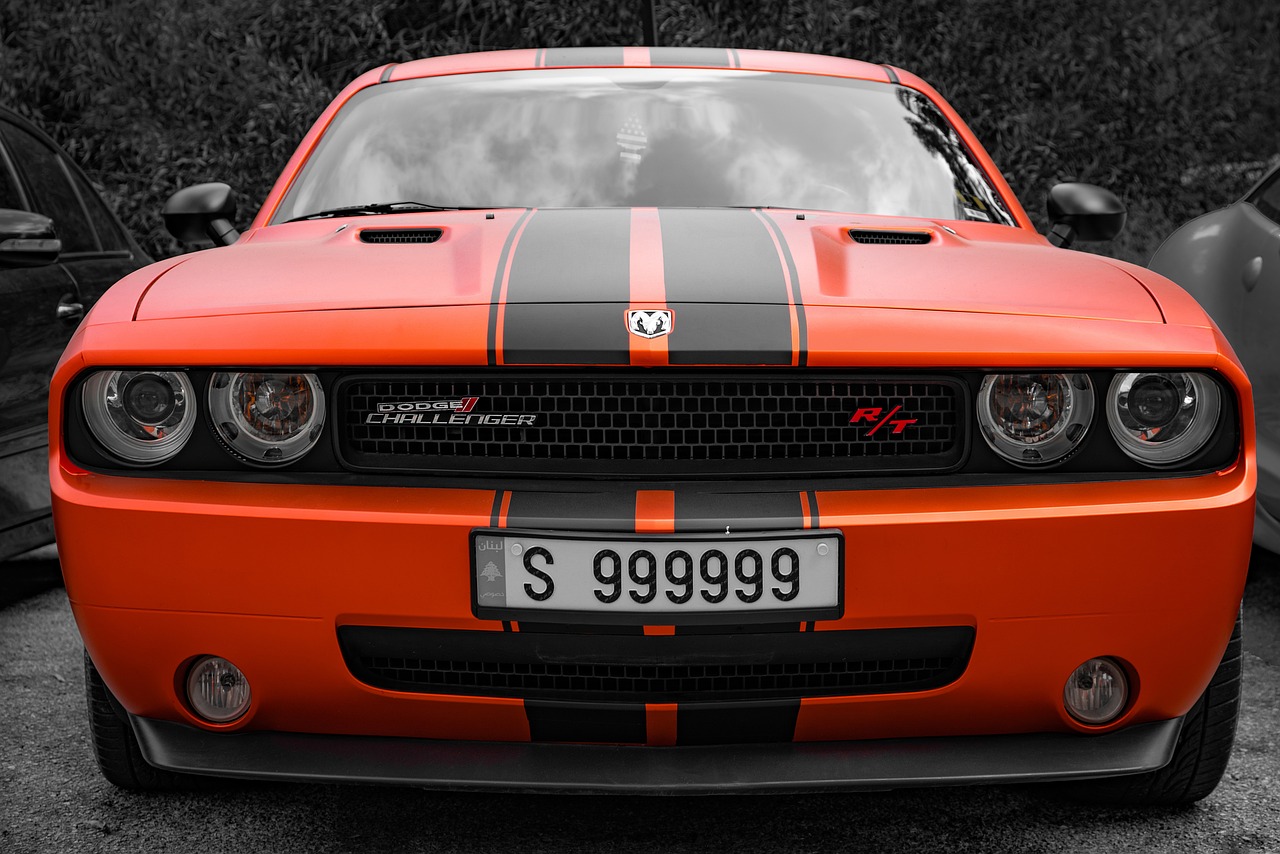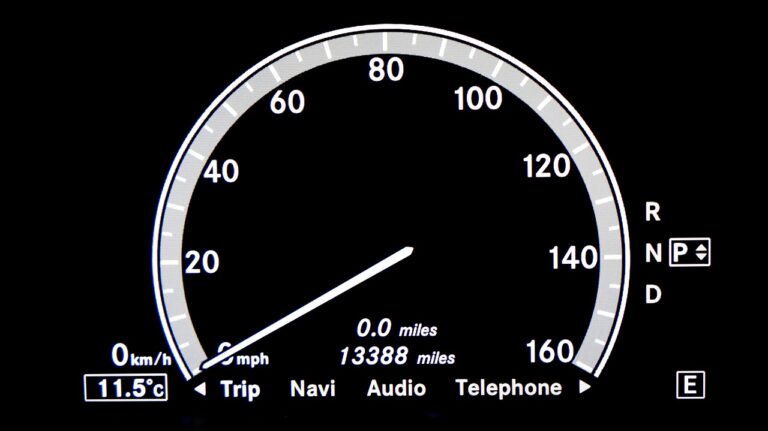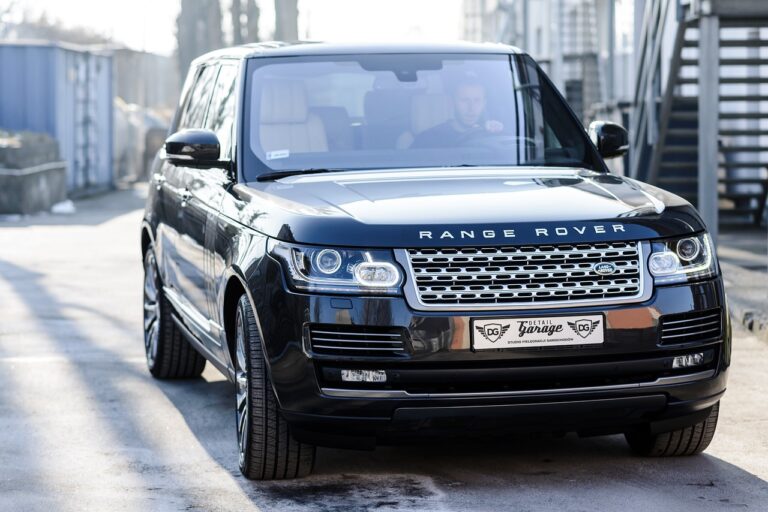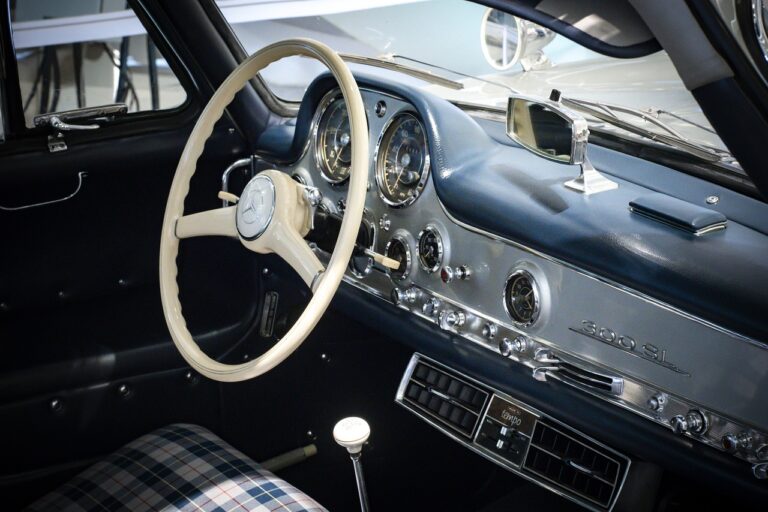Comparative Analysis of Suspension System Designs Across Automotive Brands
betbhai com whatsapp number, playexch, lotus365 in login password:Comparative Analysis of Suspension System Designs Across Automotive Brands
When it comes to choosing a new car, the suspension system is often overlooked by many consumers. However, the suspension system plays a crucial role in the overall performance, handling, and comfort of a vehicle. Different automotive brands utilize various suspension designs, each with its own set of advantages and disadvantages. In this article, we will delve into a comparative analysis of suspension system designs across different automotive brands, shedding light on the factors that differentiate them.
The suspension system of a vehicle is responsible for maintaining contact between the tires and the road surface, providing stability and control while absorbing shocks and vibrations. There are several types of suspension systems commonly used in modern vehicles, including independent suspension, solid axle suspension, and air suspension.
Independent suspension allows each wheel to move vertically independently of the others, providing better handling and a smoother ride. Solid axle suspension connects both wheels on an axle, making it a cost-effective option but sacrificing some ride comfort. Air suspension uses air springs instead of traditional coil or leaf springs, offering adjustable ride height and improved comfort.
Let’s take a closer look at how different automotive brands incorporate these suspension system designs into their vehicles:
1. BMW
BMW is known for its sporty driving dynamics, and its vehicles often come equipped with a sophisticated independent suspension system. This design allows for precise handling and a responsive driving experience, making BMW cars popular among enthusiasts. The brand also offers adaptive suspension systems that can adjust damping rates in real-time to suit driving conditions.
2. Mercedes-Benz
Mercedes-Benz vehicles are synonymous with luxury and comfort, and the brand’s suspension systems reflect this ethos. Many Mercedes-Benz models come equipped with air suspension, providing a plush ride quality and adjustable ride height. The brand also offers adaptive dampers that can be tailored to different driving modes, from comfort to sport.
3. Ford
Ford is a popular American automaker known for its diverse lineup of vehicles. Ford trucks and SUVs often feature solid axle suspension, which is well-suited for off-road driving and towing applications. The brand also offers independent suspension on many of its passenger cars, providing a balance of comfort and performance.
4. Toyota
Toyota is a global automotive giant that produces a wide range of vehicles for different markets. Many Toyota models come equipped with independent suspension, offering a good blend of comfort and handling. The brand also offers a rugged solid axle suspension on its trucks and SUVs, catering to customers who prioritize off-road capability.
5. Audi
Audi is known for its commitment to technological innovation, and its suspension systems reflect this philosophy. Many Audi models feature a sophisticated independent suspension with adaptive dampers, providing a comfortable ride and sharp handling. The brand also offers air suspension on some models, enhancing ride quality and versatility.
6. Chevrolet
Chevrolet is a longstanding American automaker that produces a diverse range of vehicles, from trucks to sports cars. Chevrolet trucks often come equipped with solid axle suspension, which is rugged and reliable for demanding tasks. The brand also offers independent suspension on its passenger cars, delivering a balanced mix of comfort and performance.
Overall, the suspension system design of a vehicle plays a crucial role in the driving experience and comfort levels. Different automotive brands adopt various suspension technologies to cater to the diverse needs and preferences of consumers. Whether you prioritize sporty handling, luxurious comfort, or off-road capability, there is a suspension system design out there that suits your requirements.
FAQs
Q: What is the role of the suspension system in a vehicle?
A: The suspension system of a vehicle is responsible for maintaining contact between the tires and the road surface, providing stability and control while absorbing shocks and vibrations.
Q: Which suspension system design is best for off-road driving?
A: Solid axle suspension is well-suited for off-road driving, as it offers ruggedness and durability in challenging terrain.
Q: How does air suspension differ from traditional coil or leaf springs?
A: Air suspension uses air springs instead of traditional coil or leaf springs, offering adjustable ride height and improved comfort levels.
Q: Are adaptive suspension systems worth the extra cost?
A: Adaptive suspension systems can enhance the driving experience by adjusting damping rates in real-time, making them a worthwhile investment for enthusiasts and those who prioritize driving dynamics.
Q: How do I know which suspension system design is right for me?
A: Consider your driving habits, priorities, and preferences when choosing a vehicle with a specific suspension system design. Test-driving different models can also help you evaluate the ride quality and handling characteristics.
In conclusion, understanding the different suspension system designs across automotive brands can help consumers make informed decisions when choosing a new vehicle. Whether you prioritize sporty handling, luxurious comfort, or rugged capability, there is a suspension system design that meets your needs. As technology continues to advance, we can expect to see further innovations in suspension systems, enhancing the driving experience for all.







